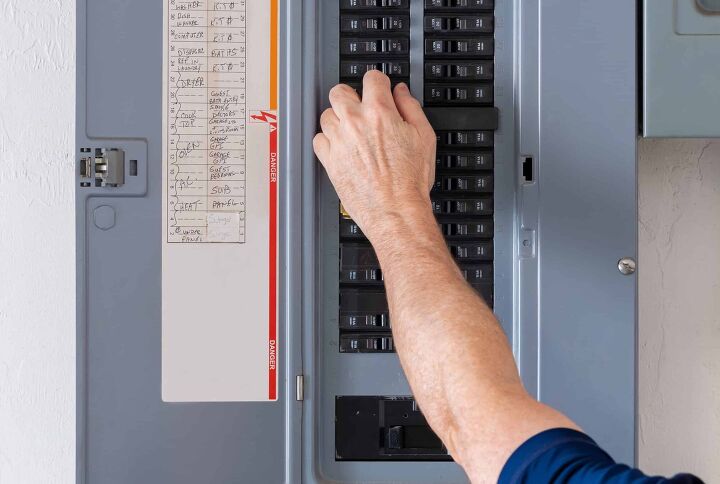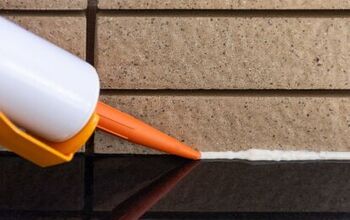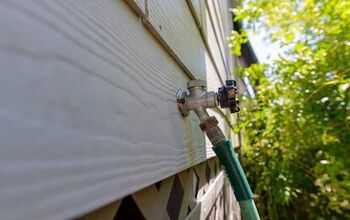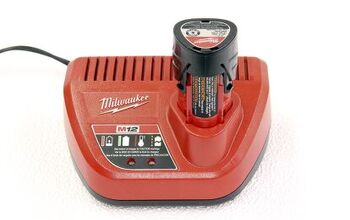Can A Bad Breaker Cause Low Voltage? (Find Out Now!)

Once, not too long ago, I saw something a little strange happen to a friend’s house. The lights started to dim. Getting any type of electrical equipment seemed to be a big issue. The entire house seemed to be suffering from low voltage, despite the electrical wires outside being totally intact. One of my friends suggested that a bad breaker could be the cause, but is this really a possibility?
Low voltage can be caused by a very wide range of issues, and a bad breaker technically could be one of them. However, bad breakers are extremely unlikely to be the source of low voltage. To make sure you’re not putting in extra work for yourself, make sure that there are other symptoms of a bad breaker present.
Low voltage can be a serious problem for people who have a home office, since it can cause appliances and electronics to burn out. This problem needs to be addressed ASAP, and this guide will help you figure out if the breaker is what’s causing your voltage issues.
Do You Need to Hire an Electrician?
Get free, zero-commitment quotes from pro contractors near you.

What Causes Low Voltage In Your Home?
If you’re dealing with low voltage or voltage depreciation, what’s essentially going on is a “leak” in your electricity “plumbing.” It’s up to you to figure out what’s causing it. Sadly, a bad breaker is not the most common cause of low voltage in your home. These issues, on the other hand, are:
- Poor Wire Quality. Are your electrical wires corroding away? Does your wiring look rusty? It may be a wiring issue that needs to be addressed instead.
- Low Insulation. Believe it or not, insulation can cause low voltage in a house, too. Adding more insulation will help keep your home running smoothly.
- Bad Splicing. Did you recently splice some wires? We got some bad news for you…It could be why you’re having a hard time keeping voltage up.
- Distance. The longer your electricity has to travel, the more likely it is that you will have bad voltage. The same can be said for circuits that are poorly balanced.
- Overload. There are certain times of the day when the neighborhood’s demand is going to exceed how much power is available, or when power just surges beyond what is necessary. When this happens, the demand can cause a dip in the voltage your individual home has.
Before You Assume A Bad Breaker Is The Cause…
The problem with trying to troubleshoot your electricity’s voltage is that you are going to have to remove all the other causes of bad voltage before. This means that you have to be sure that the following things are true:
- The problem is not relegated to one plug or one room. While it could be possible for the breaker to have an issue with one particular room, the truth is that most breakers that go bad do so as a whole.
- You have not made any alterations to the wiring in your home. If you recently made alterations and had a dip in voltage, you probably just have a wiring problem.
- Other neighbors aren’t complaining about low voltage. If an entire neighborhood is complaining about voltage, then it’s not a breaker problem. It’s a municipal problem.
- You’ve checked most of the wiring and know that it’s still in ship-shape. Bad wiring is a far more likely cause than a bad breaker. If your home is relatively new or your wiring has been cleared by an electrician, then you probably should look at other causes.
Should You Hire An Electrician For A Diagnostic?
When it comes to many DIY projects, I’m all about having beginners try it on their own in most cases. When it comes to electrical work, it’s usually in the school of leaving more complex problems for a professional team. With the issue of low voltage, both the diagnosis and the cure for the issue can end up being fairly complex.
If you have unusual issues regarding your electricity or the typical symptoms of a bad breaker don’t apply, call a professional. They’ll be able to figure out what’s going on. Otherwise, you might be able to coast along with some beginner diagnostic work…after which, you should probably call an electrician.
How Can You Tell If Your Breaker Caused The Low Voltage?
This is a loaded question, since bad breakers can act out in a wide range of different ways. Most of the time, low voltage will only be one of two or more symptoms that your breaker will show. If you notice one or more of these issues alongside your low voltage, you might have a bad breaker on your hands:
- You notice an odd burning smell around the breaker. If you notice an acrid smell around the breaker box or near its wiring, you probably have a bad breaker.
- Lights flicker or burn out unusually quickly throughout your home. This is a sign of low voltage, but if you notice it happening all over the house, it’s not just a circuitry problem. It’s a breaker problem.
- The breaker keeps tripping, even when things are barely plugged in. Breakers are meant to trip as a result of an oncoming short circuit. If you have managed to cross out the chance of it being a bad circuit in one room, then it could be that your breaker box is malfunctioning.
- Your breaker box is looking worse for the wear. One of the more common (and obvious) reasons to believe your breaker box might be the reason deals with the actual appearance of the box. Does it look rusted? Did you recently have an accident that involved whacking it really hard? Signs of physical damage to the box can be indicator enough that something isn’t right.
- Your lightbulbs blow out on a regular basis. Lightbulbs are now designed to last hundreds, if not thousands, of hours. They should not be blowing out on a regular basis. If you notice this issue around your home, check your breaker as it could be an issue with electricity flow.
- Your breaker box hasn’t been serviced in over 10 years OR is over 30 years old. Most breakers need to be serviced every 10 years at a minimum. Breakers also start to fail around the 30-year mark. If your breaker hit either major milestones, then you should consider getting it replaced or repaired.
Do You Need to Hire an Electrician?
Get free, zero-commitment quotes from pro contractors near you.

Related Questions
How often should low-voltage circuit breakers be replaced?
Low-voltage circuit breakers should be replaced every 30 to 40 years. However, low-voltage breakers require a lot more maintenance than other models. You should try to service your breaker ever one to three years.
Could flickering lights be a sign of a fire hazard?
Even if your flickering lights seem to be an innocuous issue, you shouldn’t take this lightly. Flickering lights can be indicative of other electrical issues that can pose a hazard to your home’s fire safety setup. An inspection from an electrician is required should you notice lights flickering at random.
What are the most common signs of an overloaded circuit?
Overloaded circuits can come with many different warning signs, including flickering lights, odd burning smells, warm wall plates, discoloration around your wall plates, crackling from appliances, or mild shocks when you touch electronics. If you are experiencing signs of an electric overload, unplug some of your appliances immediately.
Why did the power go out to only one of my rooms?
The most common reason for a power outage that is only found in a single room deals with a tripped breaker or a blown fuse. To check if your breaker was tripped or if you have a fuse blown in your box, unplug your devices in the room, then go to your breaker box and inspect the switches. Turn the switch back on, and you should see the power resume.
How often should houses be rewired?
Houses don’t need full rewires too often. When you have a full rewiring done, you should expect that work to last a minimum of 20 years, if not longer. If you aren’t sure whether or not your home needs rewiring, contact a licensed electrician for an inspection. It’s better to be safe than sorry.
Related Guides

Ossiana Tepfenhart is an expert writer, focusing on interior design and general home tips. Writing is her life, and it's what she does best. Her interests include art and real estate investments.
More by Ossiana Tepfenhart



























